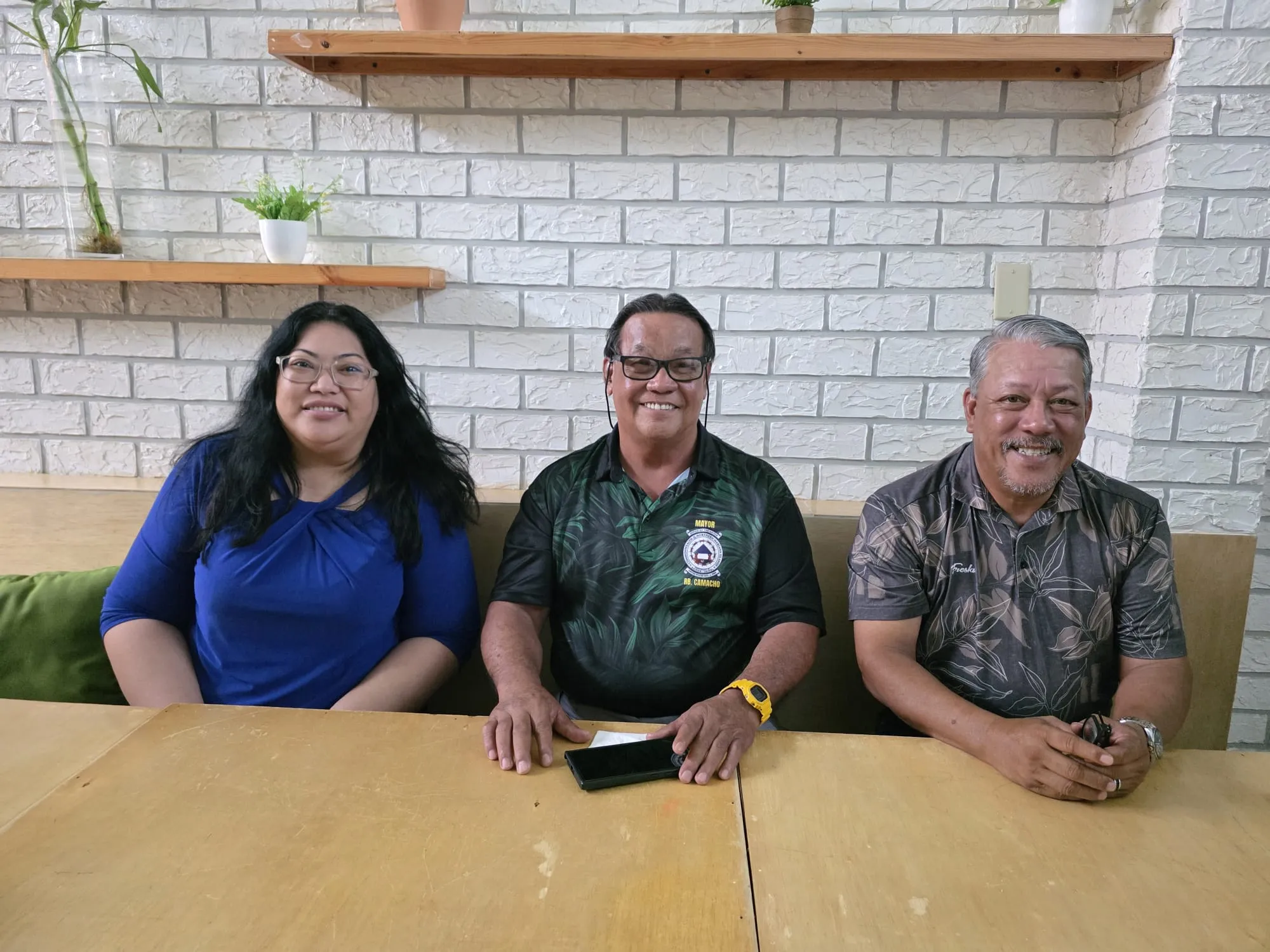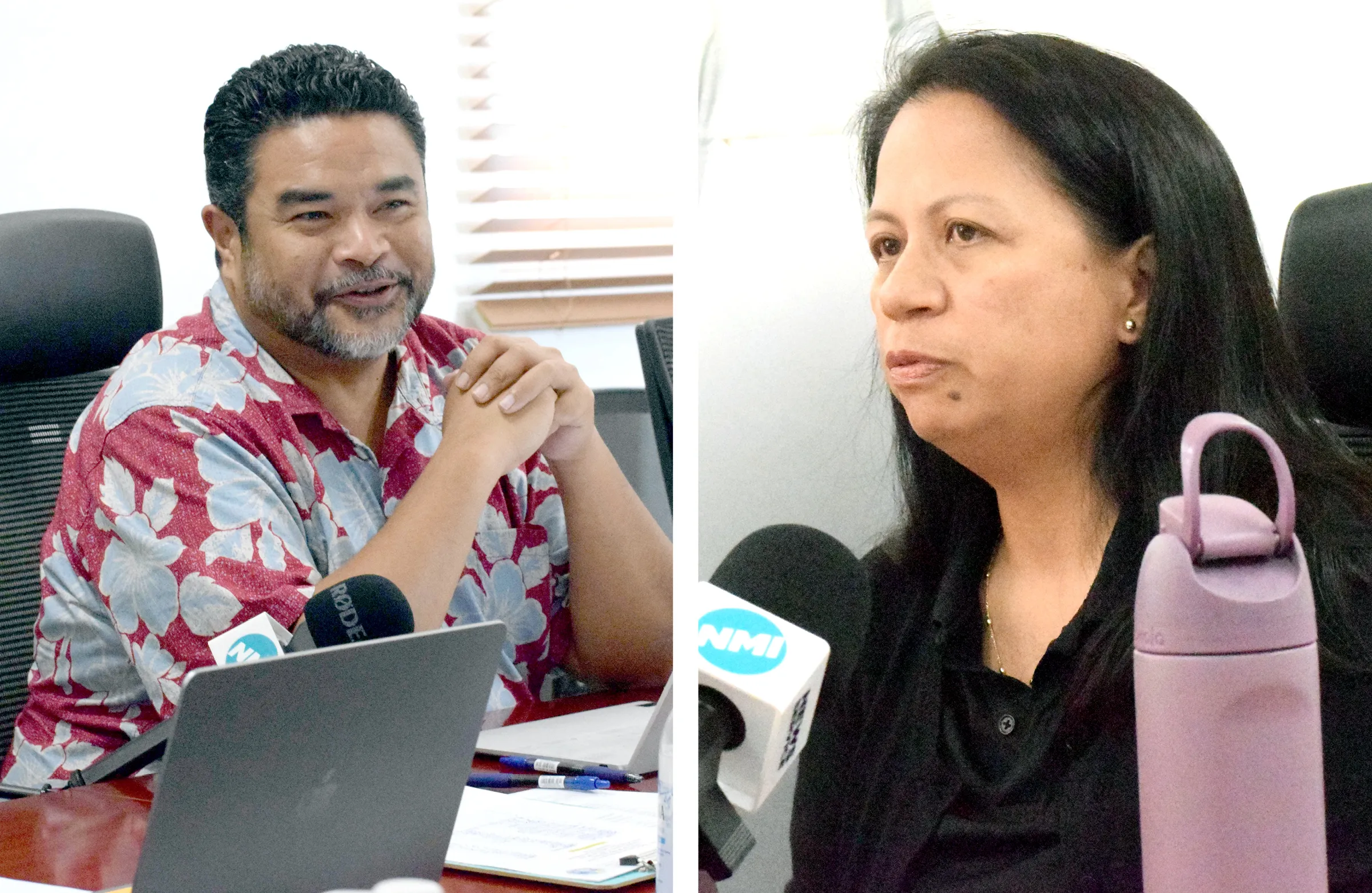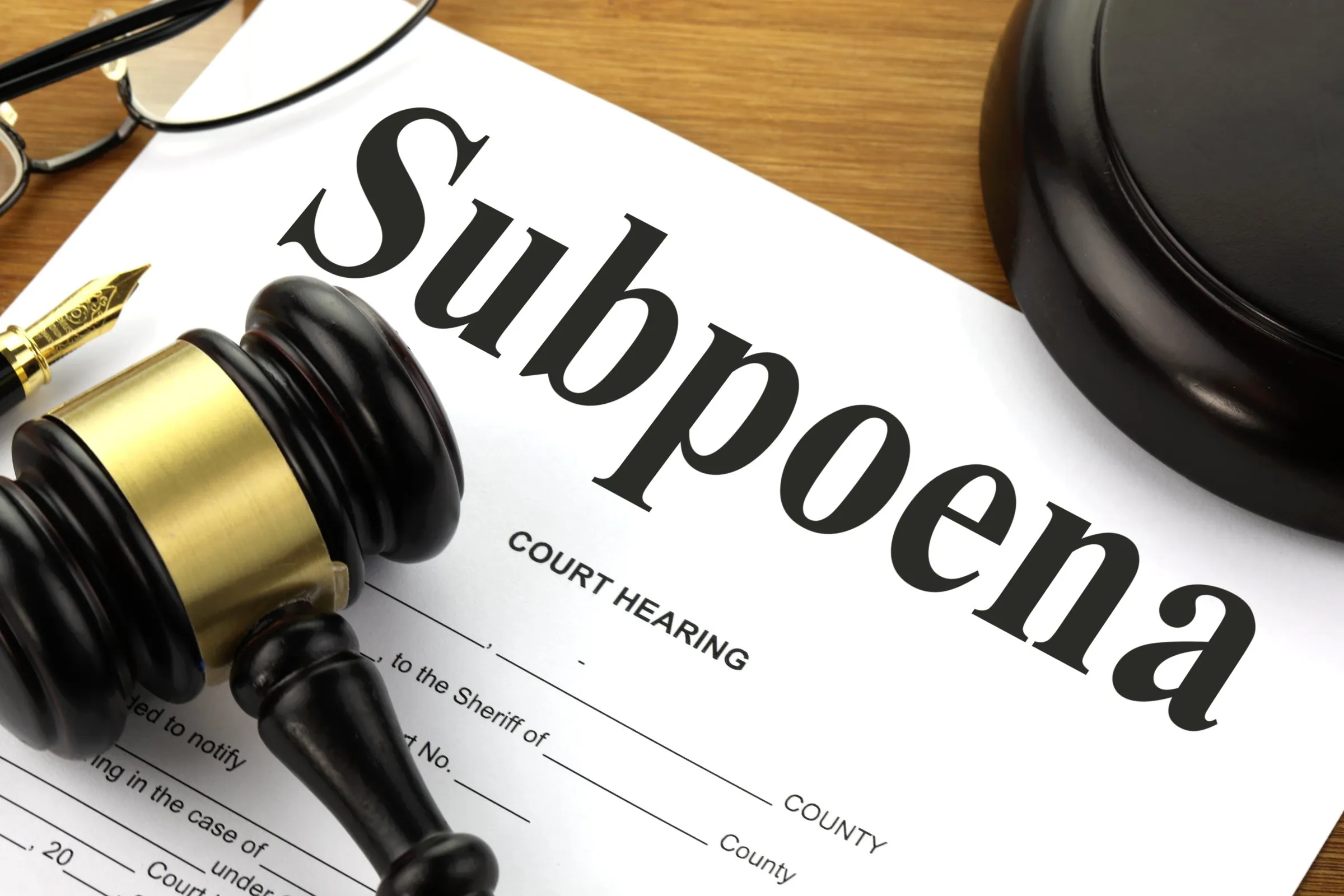Respect reality
THE CNMI Department of Commerce aims to be “business-friendly,” and so do some lawmakers. Bravo. To begin with, they and other government agencies and officials should be more supportive of their primary source of local funding: local businesses big or small. How? Rather than attempting to create “growth” through government mandates and boondoggles, they would do well to start thinking about reducing barriers to real growth, as Callum Price of the free-market think thank Institute of Economic Affairs would put it. “They must treat the private sector for what it is, the source of sustained growth, rather than a cash-cow there to be milked,” Price said. “Once they do that, they can start working out what is getting in the way of growth.”
For starters, the government should not make it more expensive for businesses to operate or remain in business. The Commerce Department’s recent decision to reduce its fees is a step forward. But its “business readiness initiative,” whose goal is to help local businesses track and boost their sales, would accomplish little if the islands’ only industry, tourism, is stuck in a rut. All these initiatives and programs to “help” small businesses are nearly pointless if there aren’t enough customers. It is also unrealistic to assume that a dwindling population, selling trinkets to each other, would generate the tens of millions of dollars in revenue that the government needs annually to meet its obligations. Especially a government that refuses to live within its means because the politicians in charge prioritize re-election over fiscal responsibility.
Let’s say it again. Businesses need customers — the more, the better. The economy thrives on business activity. In a tourism-based economy like the CNMI’s, this means attracting more tourists.
Government, to quote Peggy Noonan, “must be driven by respect for one thing: reality. It must focus its greatest energies not on second- and third-tier issues but primary and essential ones.” In the CNMI right now, that means focusing on the economy — specifically, its main engine: tourism.
Want to be business-friendly? Identify what’s holding back the recovery of the tourism industry — then find ways to remove those obstacles.
For once
TO avoid “dependency” on the China market, the administration chose dependency on other tourism markets (South Korea and Japan) that are also — surprise! — vulnerable to unforeseen events and developments beyond our control. The administration likewise embraced reliance on federal dole-outs as if the NMI were still a Trust Territory district with a tin-shack economy. But then came the Trump OMB’s memo announcing a “pause” in federal grants, loans and other financial aid. Sure, a federal court temporarily blocked part of the directive, but it should be now clear that President Trump is unlikely to be as “generous” — and partial to boondoggles — as his predecessor.
So what now?
After two years of peddling his “pivot” policy with virtually nothing to show for it, the governor should finally try something new. For a change, he should allow MVA to do its job, which is to tap all available tourism markets, China included.
As we — and others — have said before, it should not be an either-or choice when it comes to charting a path to economic recovery. It should be “all of the above”: reviving tourism, welcoming a greater military presence, seeking new investors, and observing at least a modicum of fiscal discipline. Incurring a $30 million loan to lift a modest austerity measure amid economic uncertainty is not fiscally responsible. And saying “pivot” and “geopolitics” until we’re blue in the face will do nothing to revive the tourism industry. Only more tourist arrivals will do that, and the governor, for once, should let MVA do what it was created to do.









